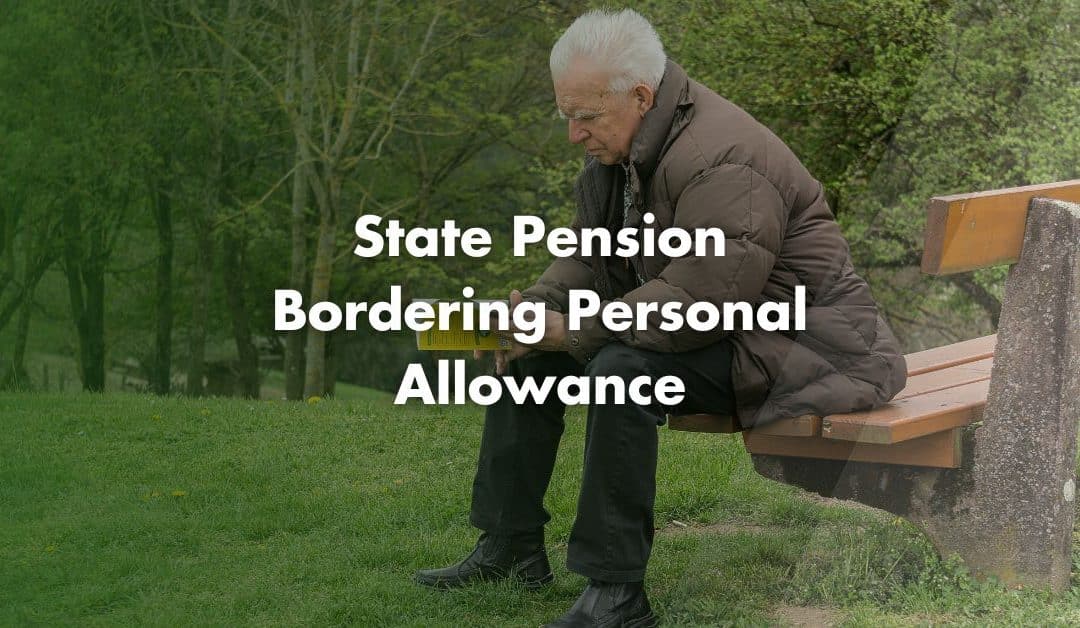The State Pension is set to increase again in April 2026, offering millions of retirees a helpful boost. For many older people, this annual rise is essential for keeping up with rising living costs.
However, because the Personal Allowance remains frozen, more pensioners will soon find themselves paying tax.
State Pension Increase to £241.05 Per Week
From April 2026, the full new State Pension will increase from £230.25 to around £241.05 per week, according to latest projections. This works out as an extra £10.80 a week or £561.60 a year, bringing the yearly total to £12,534.60. This rise follows the Triple Lock rule, which guarantees the State Pension goes up by inflation, average earnings growth or 2.5% (whichever is highest).
The Triple Lock has long protected pensioners’ incomes, helping them maintain spending power. With average wage growth around 4.7% and inflation still elevated, this boost will help cover everyday expenses such as food and heating.
The Personal Allowance Squeeze
The Personal Allowance, the amount you earn before paying Income Tax, will remain frozen at £12,570 until April 2028. As a result, the new State Pension will cover 99% of this allowance. That means pensioners will need just £35.40 of extra income before tax applies. However, tax only applies to the income above the Personal Allowance.
In 2021/22, the State Pension represented only 74% of the allowance, leaving room for more than £3,000 of extra earnings before tax. The freeze has already pushed close to two million additional pensioners into the tax net.
More Pensioners Paying Tax Each Year
Experts warn that a growing majority of pensioners already pay Income Tax. With the State Pension rising annually and the tax-free allowance fixed, more will cross the threshold over time. By April 2027, it is plausible that pensioners relying solely on the State Pension might become taxpayers.
This can catch many people off guard. Unexpected tax codes or deductions from other income sources can upset retirement budgets, especially those with limited savings.
How Pensioners Can Prepare
This increase is good news, but pensioners should review their overall income. Private pensions, savings interest and part-time earnings could all create a tax bill. Planning ahead by spreading withdrawals, using ISAs (Individual Savings Accounts) and managing taxable income can help reduce the impact.
The Government’s Challenge
The government has pledged to keep the Triple Lock until the end of this parliament. If this continues, the State Pension could exceed the Personal Allowance as soon as 2027, under current trends. At that point, every pensioner on the full State Pension could become a taxpayer.
Raising the allowance would be costly for the Treasury, but scrapping or reducing the Triple Lock would likely face political backlash.
Contact Us
We are not just accountants; we are Chartered Accountants with one of the most reputable and premium accounting bodies. We are registered and regulated by ACCA; so you can rest assured that you are in good hands. Knowing this, don’t hesitate to get in touch with us if you require assistance: Pi Accountancy | Contact Us
This article is for general informational purposes only and does not constitute legal or financial advice. While we aim to keep our content up to date and accurate, UK tax laws and regulations are subject to change. Please speak to an accountant or tax professional for advice tailored to your individual circumstances. Pi Accountancy accepts no responsibility for any issues arising from reliance on the information provided.

